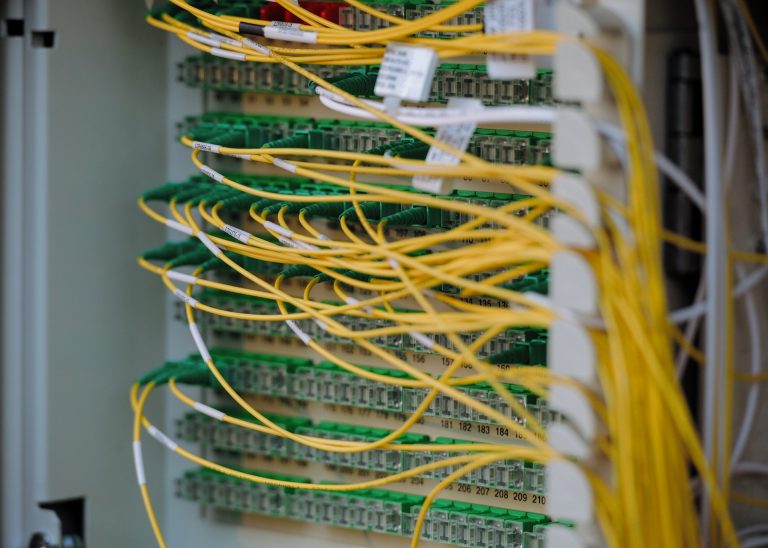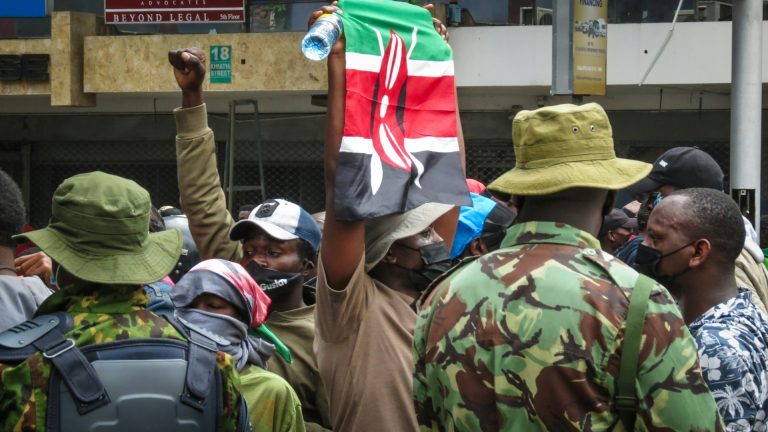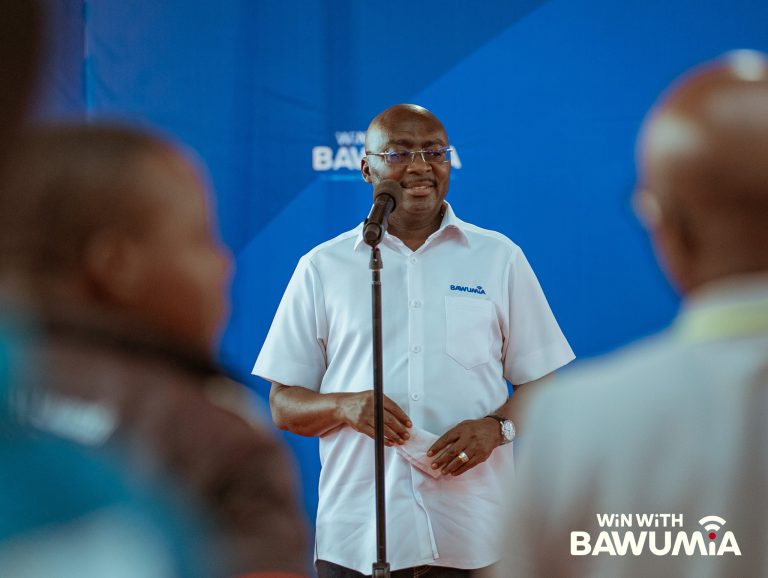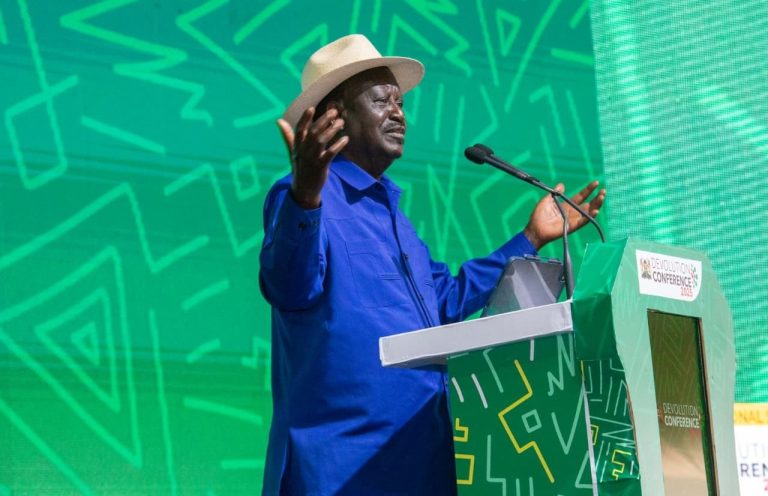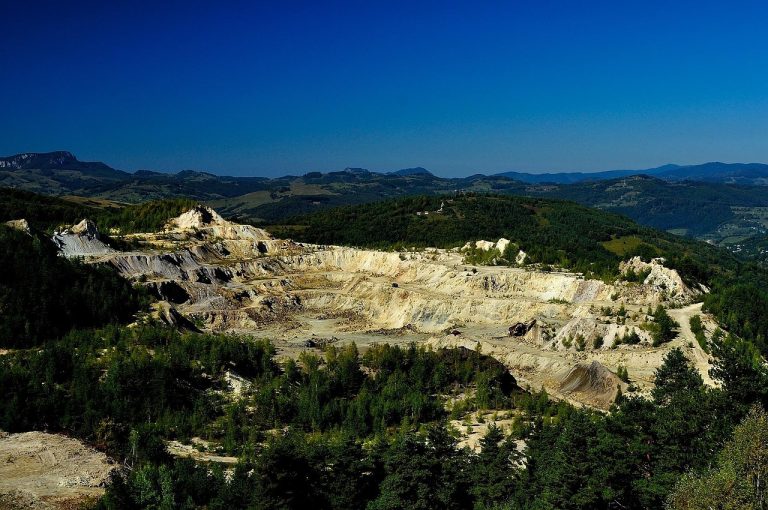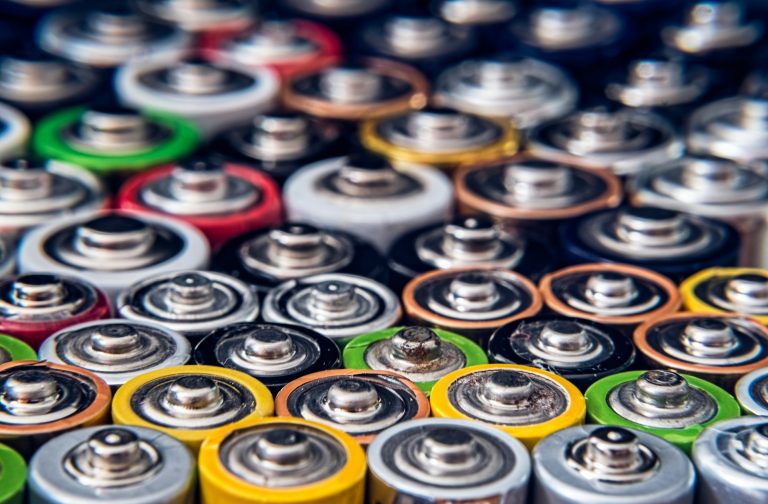- Ghana quadruples gold reserves to 38 tonnes in 18 months
- BoG’s diversification drive boosts cedi and market confidence
ACCRA, GHANA – The Bank of Ghana has more than quadrupled its gold reserves in just 18 months, a move aimed at strengthening the cedi and diversifying the nation’s reserve base amid a cautiously improving economy.
Data released by the central bank on Wednesday showed that total gold holdings surged from 8.78 tonnes in May 2023 to 38.04 tonnes by October 2025 – a 333% increase. The expansion, officials said, reflects a deliberate policy under the Gold for Reserves Programme to fortify Ghana’s external buffers.
“We want to build more and more reserves,” Governor Dr Johnson Pandit Asiama said in an earlier statement. “The central bank is committed to mitigating vulnerabilities associated with Ghana’s status as a commodity-exporting economy.”
Gold strategy and economic recovery
The accumulation gained momentum in mid-2023 when the Bank stepped up domestic gold purchases. Between May and December that year, holdings more than doubled to 19.50 tonnes. The pace continued through 2024, reaching 30.53 tonnes by year-end and 38.04 tonnes in October 2025 – averaging nearly one tonne of gold each month.
Dr Asiama credited the progress partly to Goldbod, a public agency created to oversee gold inspection, acquisition, and exports. “Goldbod has done a tremendous job in a short time, bringing in about US$8 billion,” he said.
These inflows have helped lift Ghana’s reserve buffer to 4.5 months of import cover, up from 3.2 months during the height of its financial crisis. The Bank also receives bullion directly from large mining firms, complementing foreign exchange inflows from gold exports and remittances.
The result, analysts say, is a stronger currency. The cedi has appreciated over 21% year-to-date, making it one of the best-performing currencies globally in 2025, according to central bank data.
Policy credibility restored
Ghana’s gross international reserves now stand at around $12 billion, among the highest in recent years. This improvement has boosted market confidence and enhanced the BoG’s capacity to meet external obligations.
“These gains are not by accident,” Dr Asiama said during the launch of the cedi’s 60th anniversary. “They reflect hard, sometimes unpopular, but principled decisions.”
He said the reserve build-up has enabled the Bank to handle large external payments to creditors and bondholders “without destabilising the market.”
Analysts agree the policy has revived trust in monetary management after years of currency volatility. In a research note, Apakan Securities predicted that the cedi will stabilise around GH¢10 per dollar in the near term, supported by the BoG’s continued stabilisation efforts.
Economists view the sustained gold accumulation as a hedge against commodity price swings and global financial tightening.
“We are not yet where we want to be, but we are no longer where we were,” Dr Asiama said. “The progress marks a moment of hard-won stability and cautious optimism.”



